Renault charges ahead with its new electric car Zoe
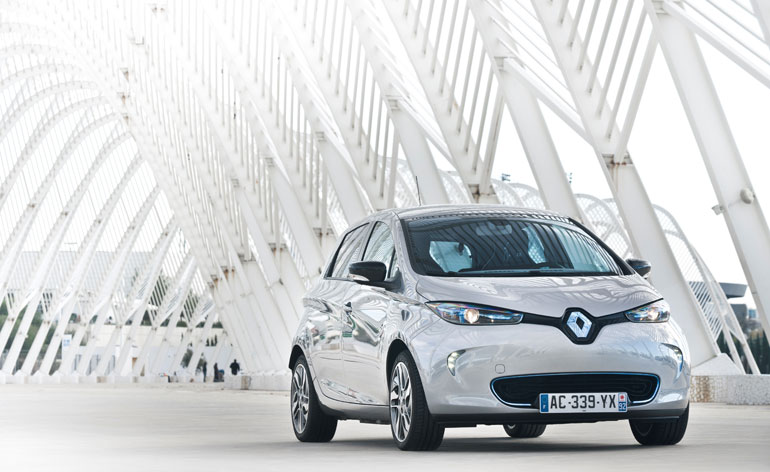
The big thing that puts people off buying an electric car is the range, which (with only a notable exception or two) is still only a small proportion of most conventional powered cars. For the novice, this 'range anxiety' is akin to driving around with the fuel warning light on in a regular car; you know that you can't drive forever, but you're not entirely sure when the needle will suddenly plummet and the engine expire. Although there are some who love to live in this zone, most of us find this frisson of uncertainty rather off-putting.
The reality is that such worries are largely irrelevant. A week in the city with Renault's new Zoe simply halved the car's 100-mile range, proving two things: one, we often drive far less than we think - a fact borne out by plenty of research into real world car use, even amongst daily commuters - and two, the Zoe is an excellent alternative to a conventional car.
Renault, like its sister company Nissan, is currently leading the world in mass-market electric car design, setting up a sub-brand of zero-emissions cars, Renault Z.E., that starts with the dinky Twizy and rises up to the large Fluence saloon. The Zoe sits in the middle, with a clean, neutral design, cleverly proportioned to disguise the fact that this is not an ultra compact car, but a mid-sized hatchback. Eschewing the fussy surface treatment of so many modern small cars, Renault has gone for clean lines and smooth forms, culminating in a charge point concealed behind the Renault diamond logo.
Like all modern electric cars, the Zoe has plenty of zip, thanks to all the power being instantly available on tap. An 'Eco' mode takes this raucous edge off in order to maximise range, but in everyday driving the Zoe has no problem keeping up with traffic. At parking speeds the snappy accelerator doesn't allow for particularly smooth moving, and the hefty battery pack makes for thumping progress over speed bumps.
Inside, the car comes with all the creature comforts you would expect, from climate control to a well-thought out dashboard interface and entertainment system. You can even hook it up to an app to remotely check the battery and range. Charging is done via a citywide network of roadside sockets, increasingly common in London. A maximum charge time from empty of 9 hours can be substantially reduced if you plan ahead and charge when the opportunity arises.
The numbers still seem to outweigh the practicalities. Even though the Zoe performs beyond all expectations, it's still hamstrung by the raw - and unfavourable - economics of building and selling batteries. In actual fact, you're not buying batteries from Renault, but leasing them, adding a tariff of monthly rental fees on top of the purchase price.
Couple these costs with the (perceived) stress of range anxiety and many people might dismiss this car out of hand. They'd be doing themselves - and the city - a disservice, for the Zoe makes for a very welcome alternative.
Wallpaper* Newsletter
Receive our daily digest of inspiration, escapism and design stories from around the world direct to your inbox.
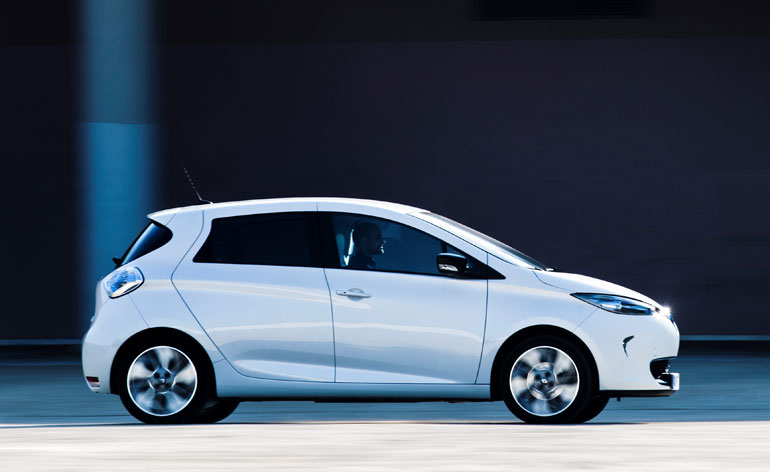
Renault is currently leading the world in mass-market electric car design, setting up a sub-brand of zero-emissions cars, Renault Z.E. The Zoe sits in the middle of its range, with a clean, neutral design, cleverly proportioned to disguise the fact that this is not an ultra compact car, but a mid-sized hatchback
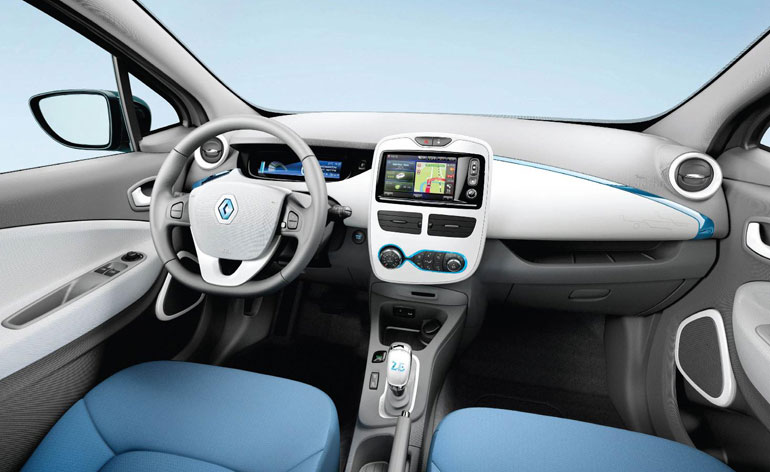
Inside, the car comes with all the creature comforts you would expect, from climate control to a well-thought out dashboard interface and entertainment system
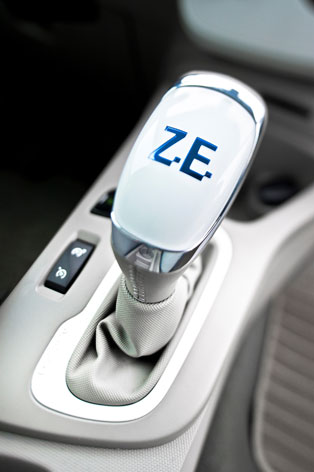
Like all modern electric cars, the Zoe has plenty of zip, with all the power being instantly available on tap. An 'Eco' mode maximises range, but in everyday driving the Zoe has no problem keeping up with traffic
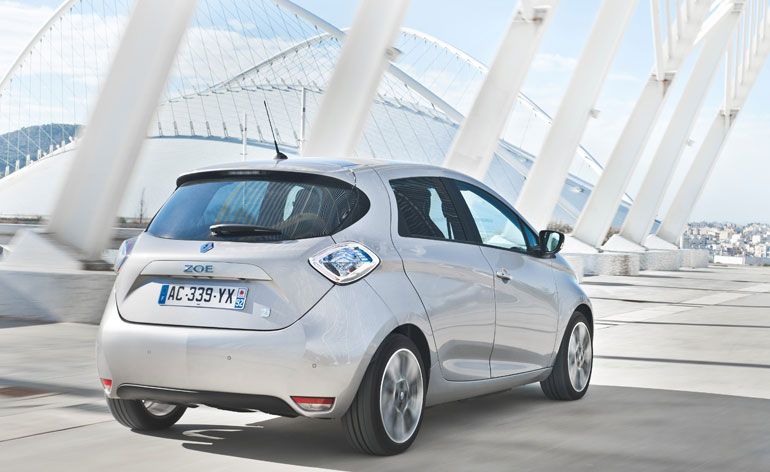
At parking speeds the snappy accelerator doesn't allow for particularly smooth moving, and the hefty battery pack makes for thumping progress over speed bumps. Overall, however, the Zoe makes for a welcome alternative to a conventional car
Jonathan Bell has written for Wallpaper* magazine since 1999, covering everything from architecture and transport design to books, tech and graphic design. He is now the magazine’s Transport and Technology Editor. Jonathan has written and edited 15 books, including Concept Car Design, 21st Century House, and The New Modern House. He is also the host of Wallpaper’s first podcast.
-
 All-In is the Paris-based label making full-force fashion for main character dressing
All-In is the Paris-based label making full-force fashion for main character dressingPart of our monthly Uprising series, Wallpaper* meets Benjamin Barron and Bror August Vestbø of All-In, the LVMH Prize-nominated label which bases its collections on a riotous cast of characters – real and imagined
By Orla Brennan
-
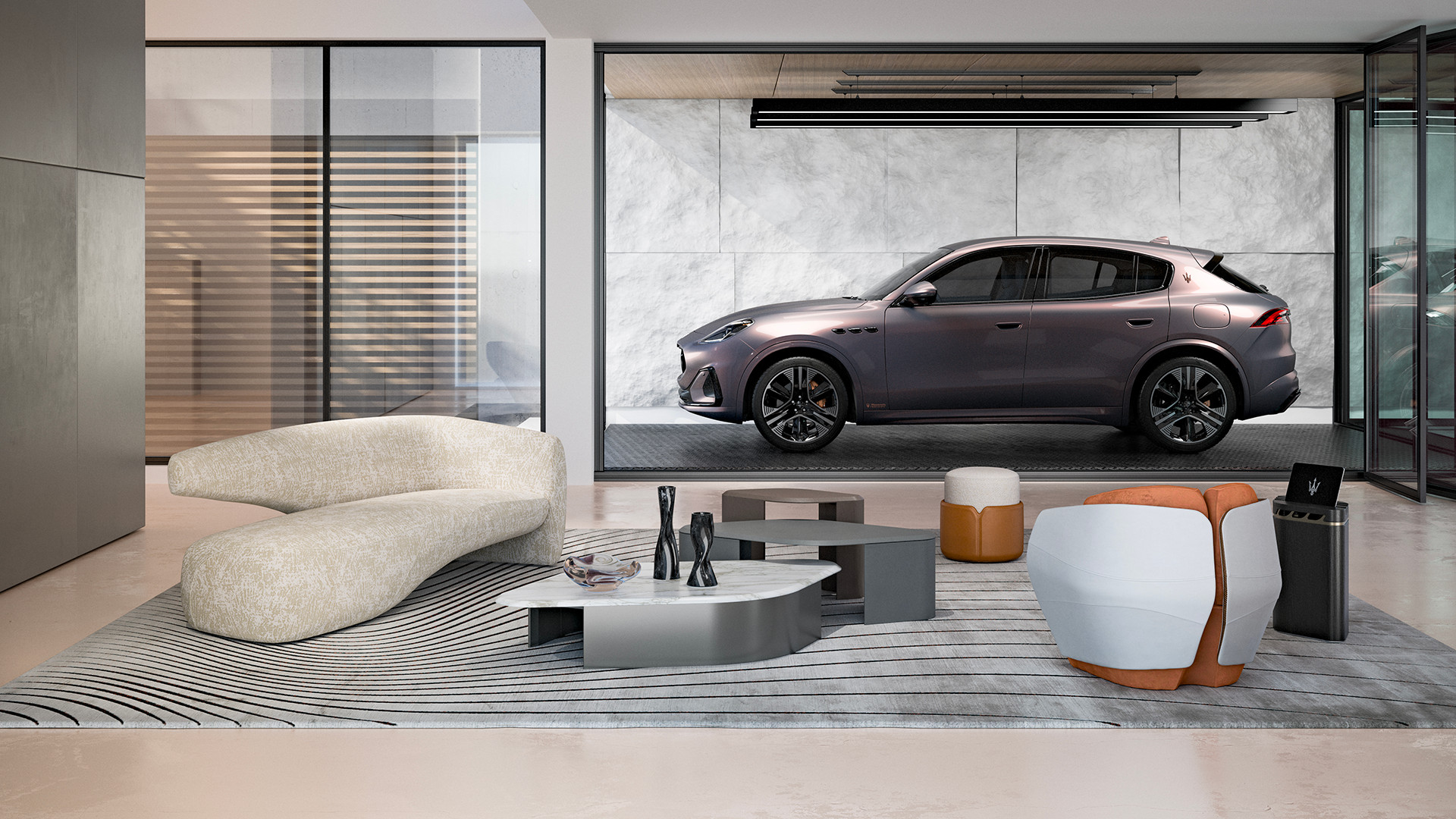 Maserati joins forces with Giorgetti for a turbo-charged relationship
Maserati joins forces with Giorgetti for a turbo-charged relationshipAnnouncing their marriage during Milan Design Week, the brands unveiled a collection, a car and a long term commitment
By Hugo Macdonald
-
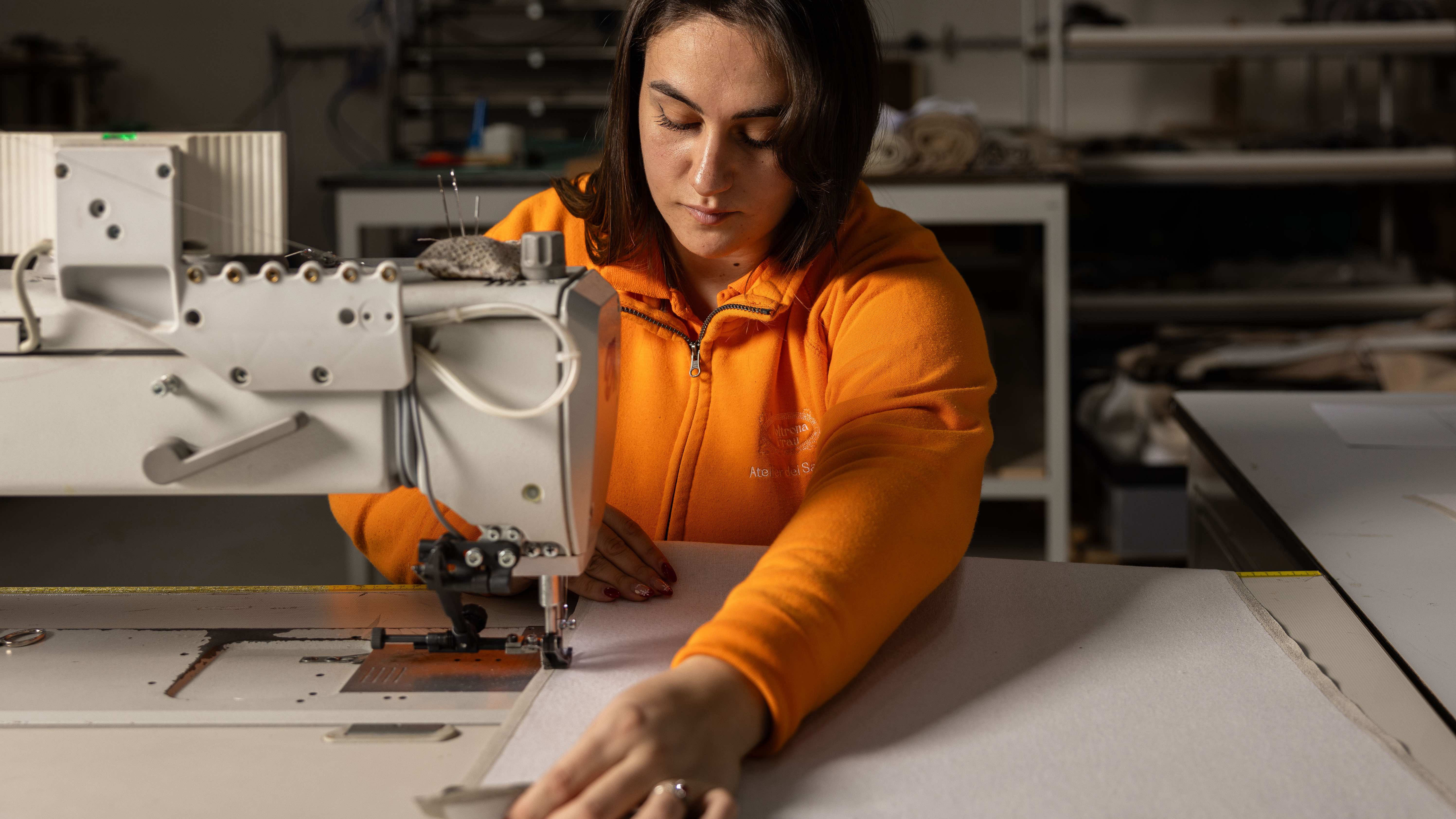 Through an innovative new training program, Poltrona Frau aims to safeguard Italian craft
Through an innovative new training program, Poltrona Frau aims to safeguard Italian craftThe heritage furniture manufacturer is training a new generation of leather artisans
By Cristina Kiran Piotti
-
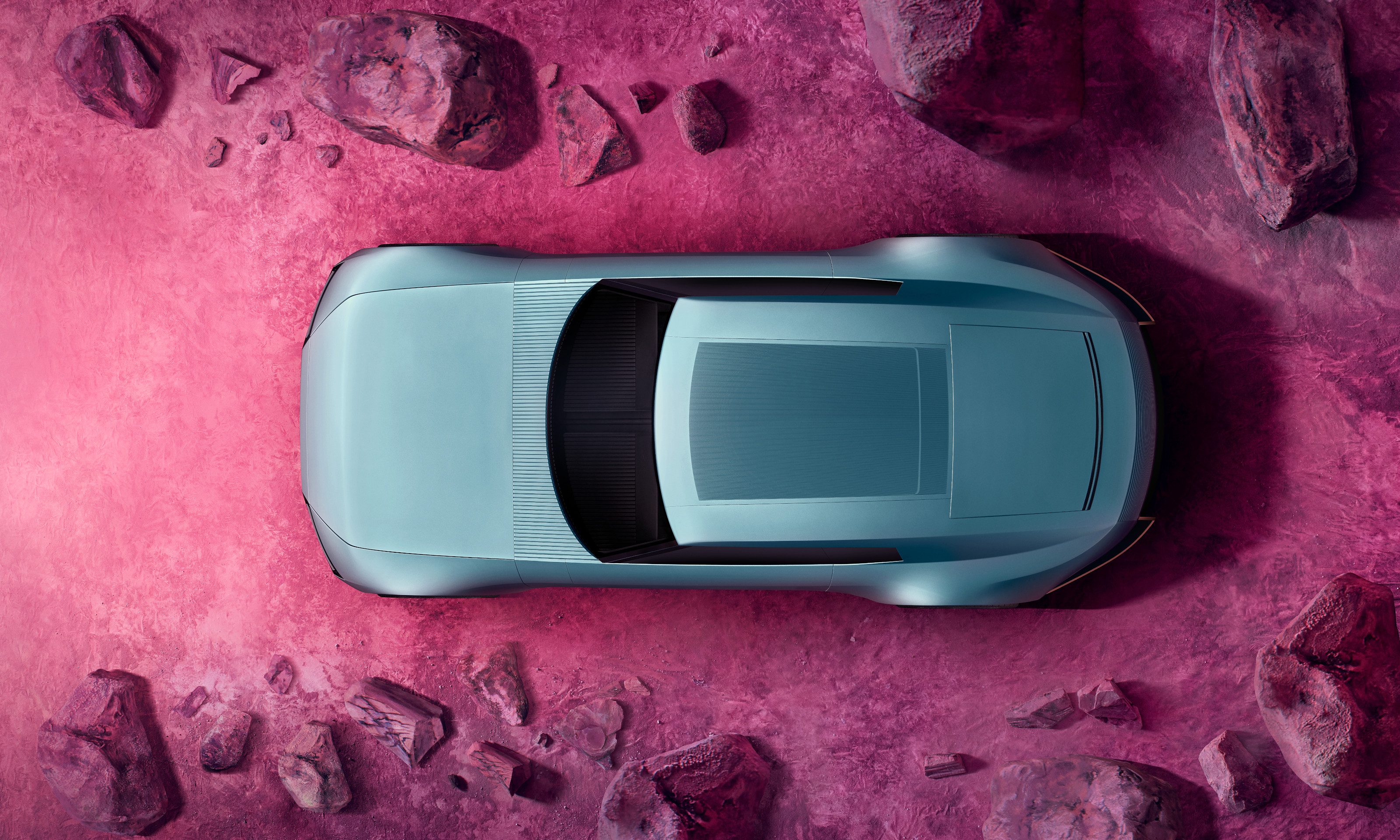 The top 10 concept cars of 2024, as selected by Wallpaper’s Transport Editor
The top 10 concept cars of 2024, as selected by Wallpaper’s Transport EditorWe round up our favourite forays into futuristic design with this collection of concepts and design studies showcasing the transport of tomorrow
By Jonathan Bell
-
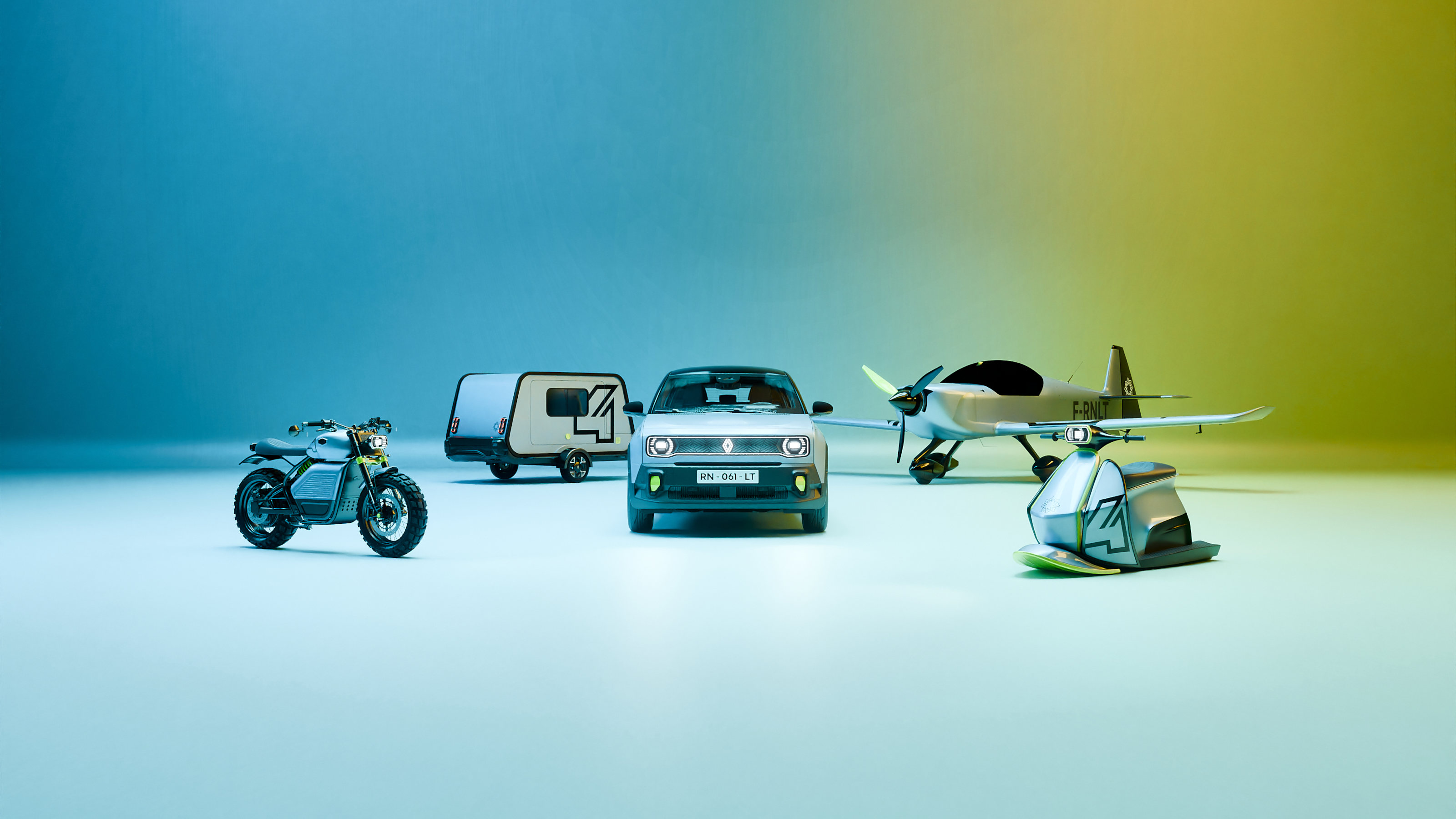 Renault celebrates new R4 EV and electric mobility with TheArsenale and four French start-ups
Renault celebrates new R4 EV and electric mobility with TheArsenale and four French start-upsRenault's '4 Movements' accompanied the R4 E-Tech at the 2024 Paris Motor Show; the clutch of sleek machines will bring innovative electrification to air, sea and water
By Jonathan Bell
-
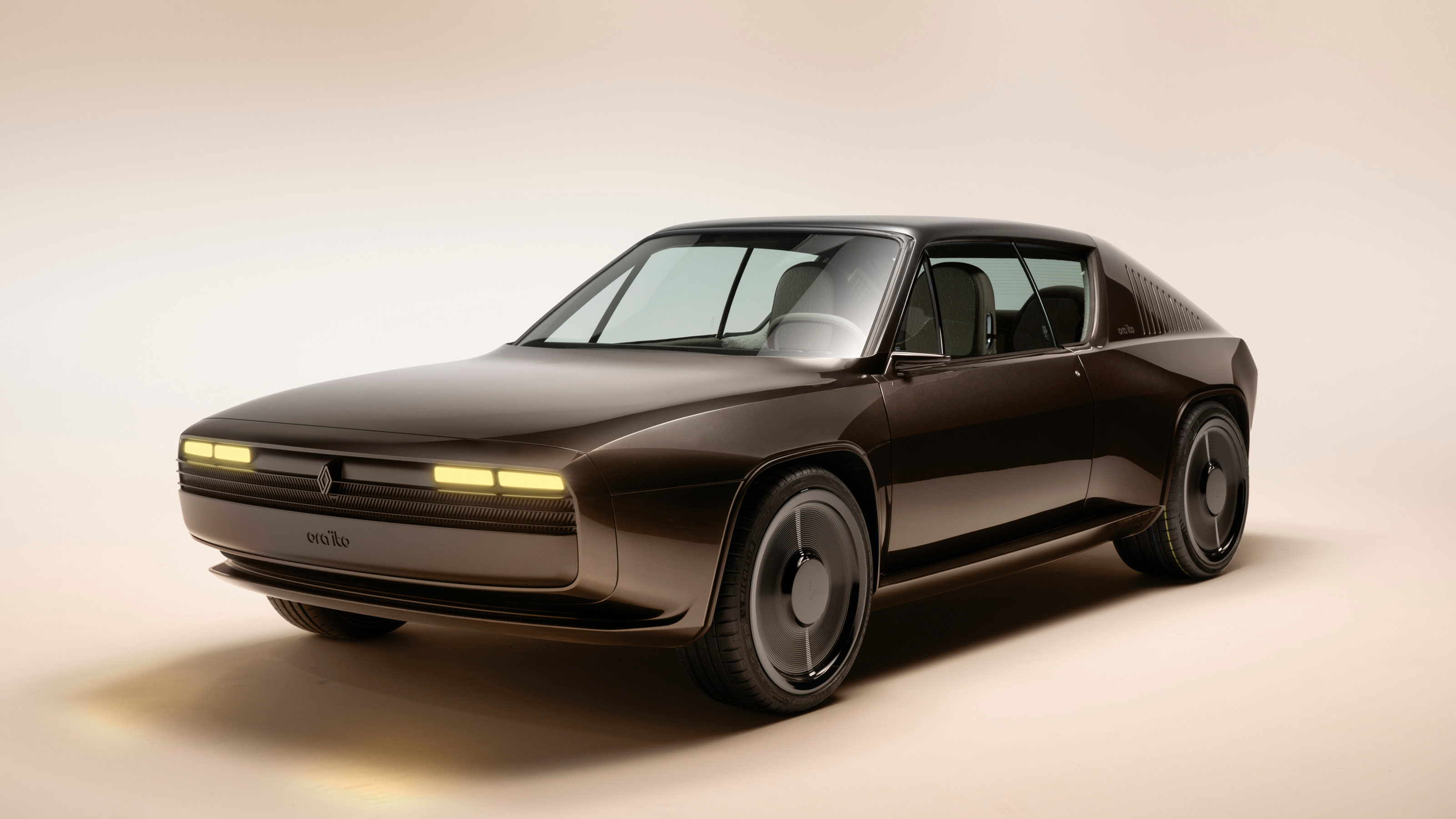 Ora-ïto transforms the Renault 17 into a futuristic yet retro-tinged vision
Ora-ïto transforms the Renault 17 into a futuristic yet retro-tinged visionThe R17 electric restomod x Ora-ïto is the fourth in Renault's series of designer-led reimaginings of iconic models from its past. We think it's the best of the lot
By Jonathan Bell
-
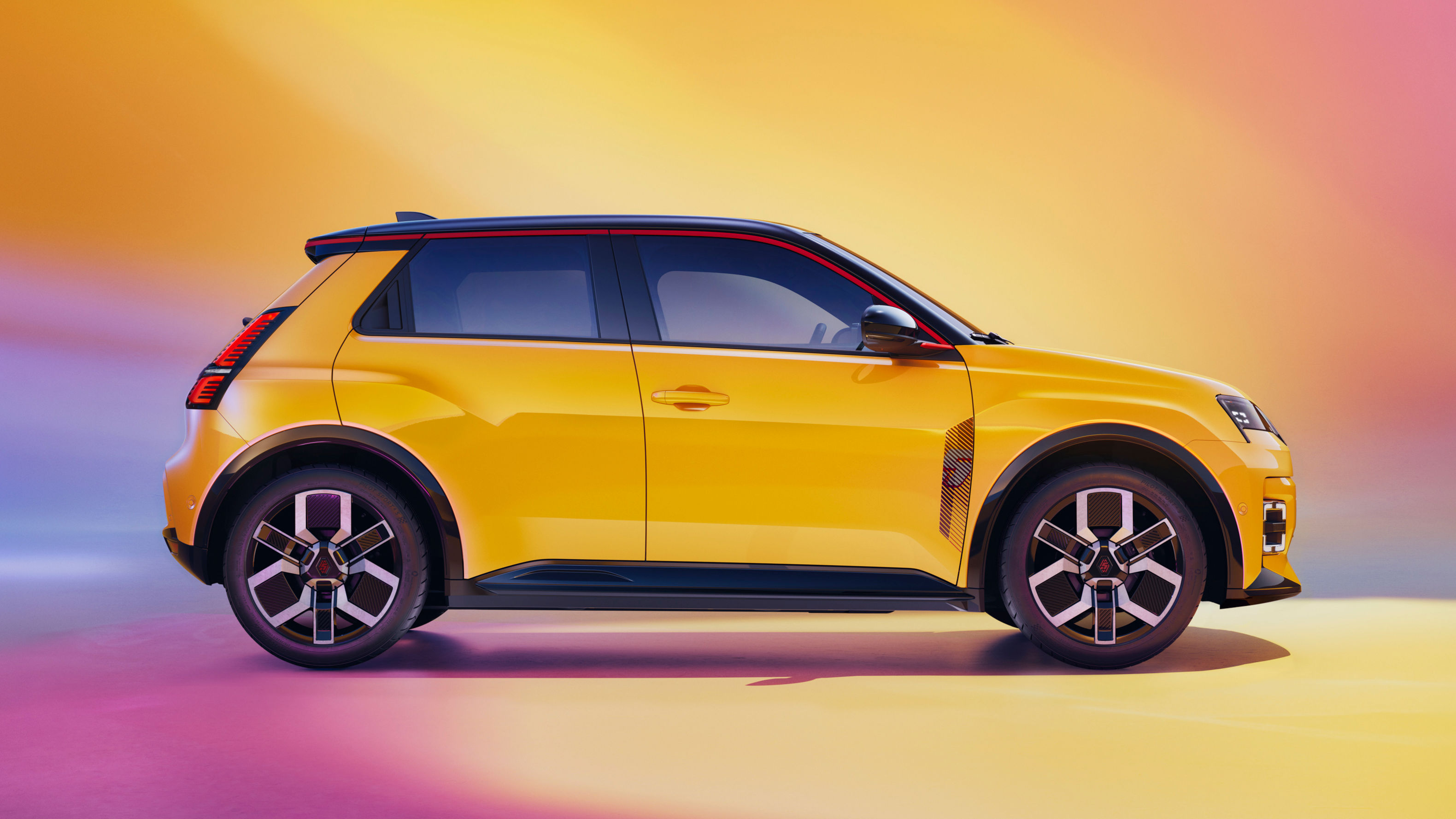 The new Renault 5 E-Tech’s design secrets and designer dreams revealed
The new Renault 5 E-Tech’s design secrets and designer dreams revealedWallpaper* talks to Renault’s Laurens van den Acker and Gilles Vidal about how they shaped the eagerly awaited Renault 5 E-Tech
By Guy Bird
-
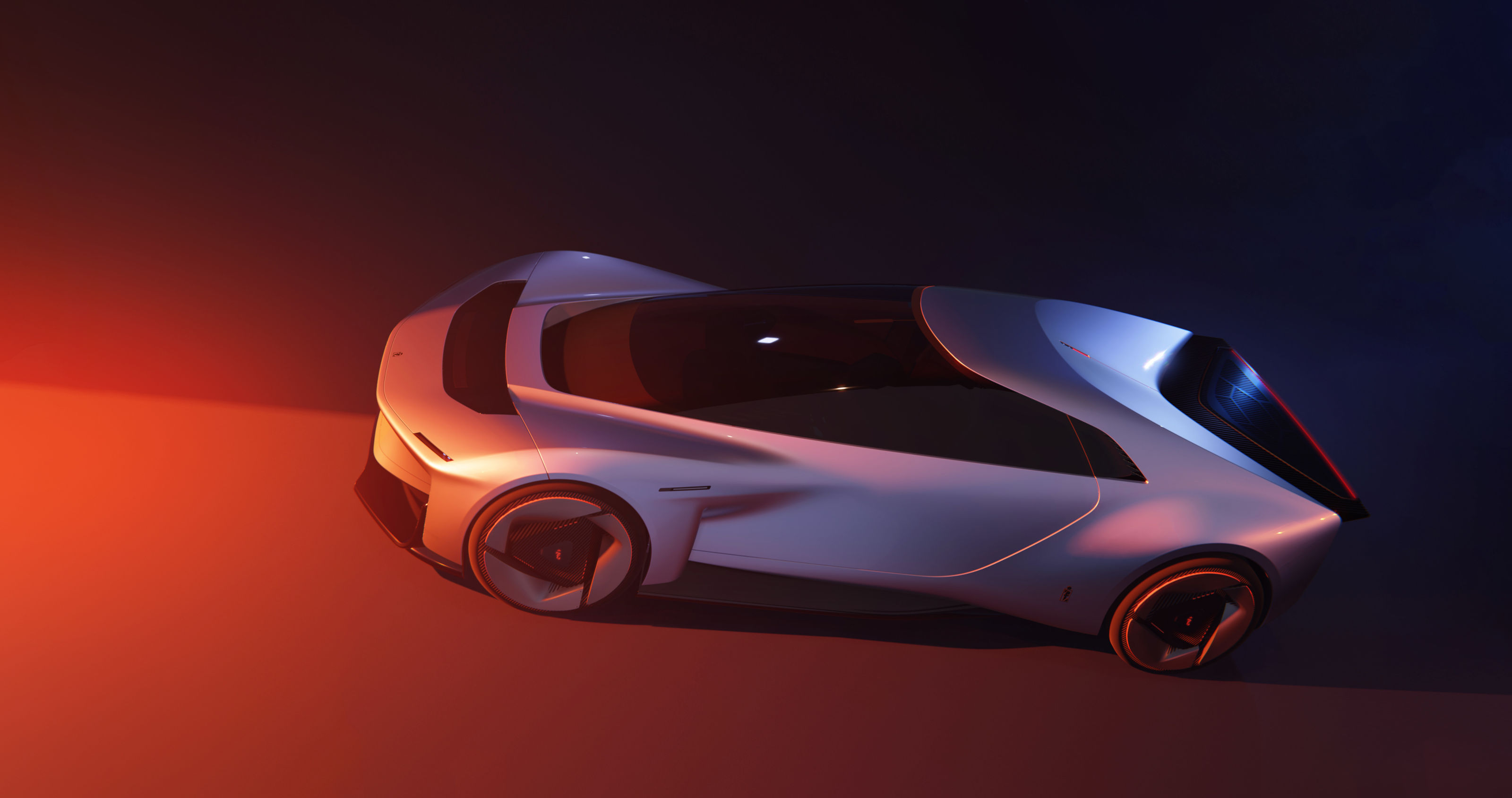 The return of the Geneva Motor Show (to Geneva) as a place for global debuts
The return of the Geneva Motor Show (to Geneva) as a place for global debutsThe Geneva Motor Show is back. After 2020’s pandemic cancellation and an ‘exported’ event in Qatar in 2023, the organisers of GIMS 2024 had their work cut out to stay relevant. Here are our highlights
By Guy Bird
-
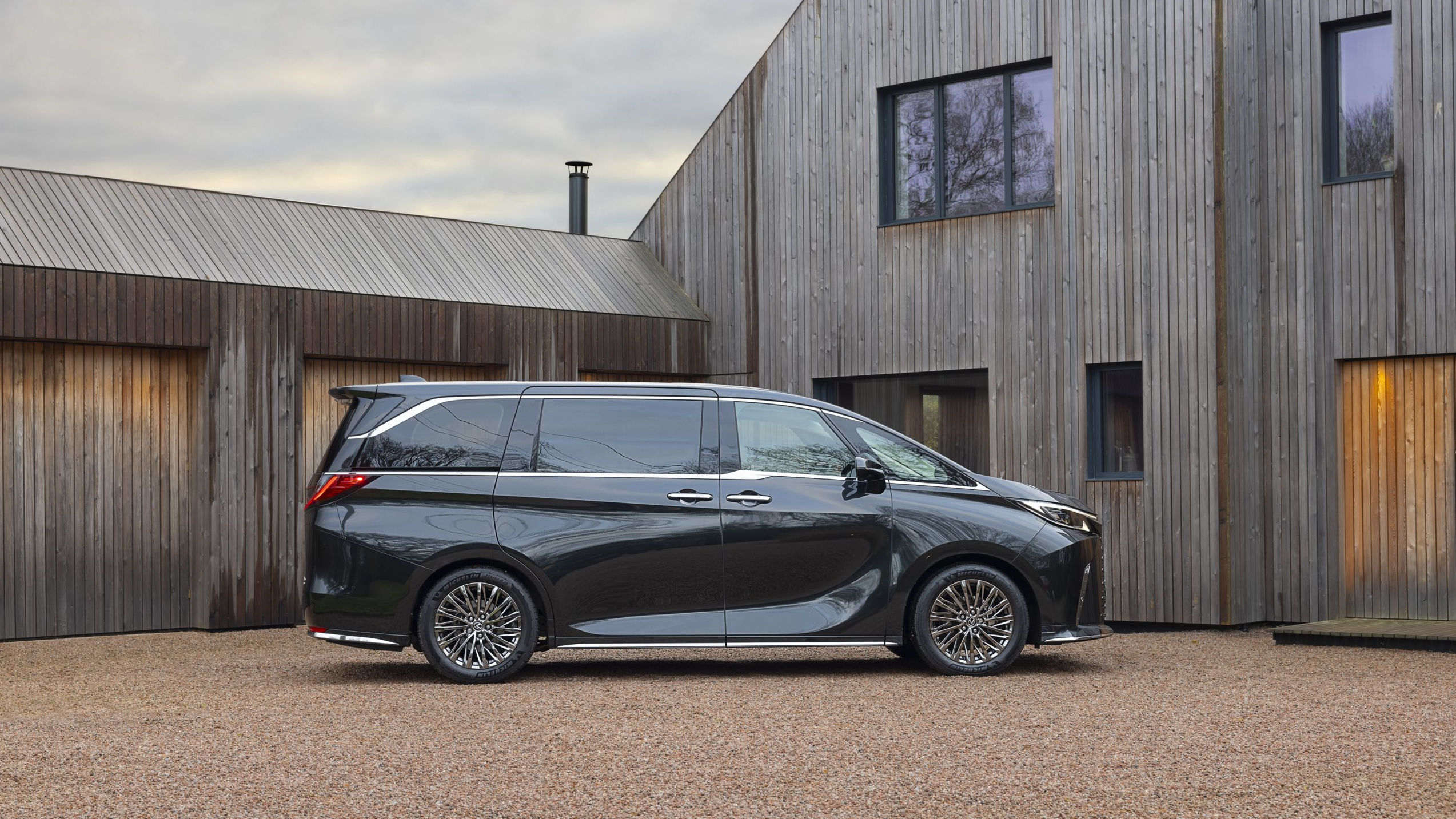 Lexus LM wants you to have the back-seat ride of your life
Lexus LM wants you to have the back-seat ride of your lifeThe back of the Lexus LM has the space, grace and accoutrements to rival a Rolls-Royce. Can this upscale minivan reinvent the luxury car?
By Jonathan Bell
-
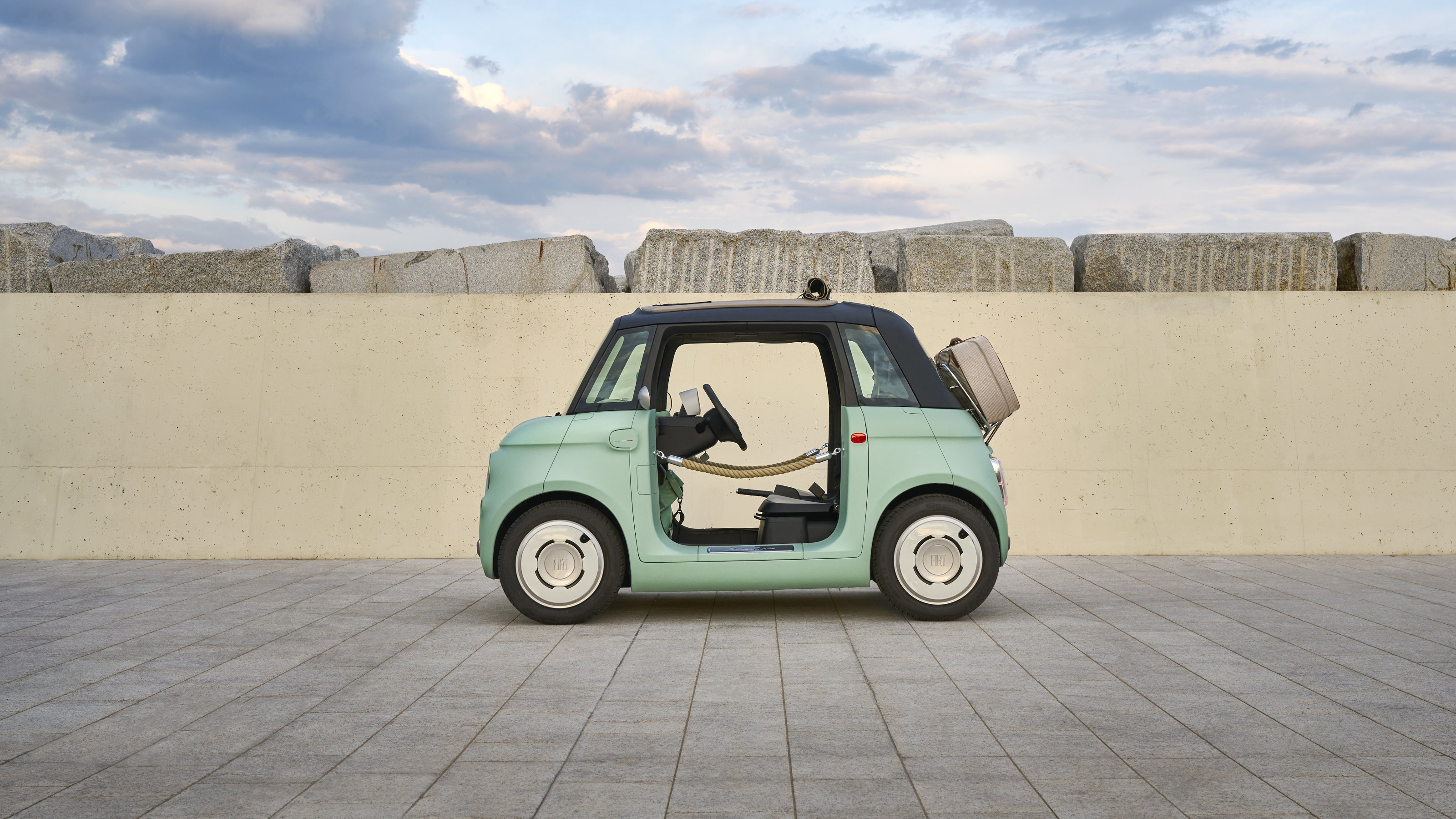 Year in review: top 10 transport design stories of 2023, selected by Wallpaper’s Jonathan Bell
Year in review: top 10 transport design stories of 2023, selected by Wallpaper’s Jonathan BellJonathan Bell’s top 10 transport design stories of 2023 span from electric campers and microcars to flying yachts and classic car recreations
By Jonathan Bell
-
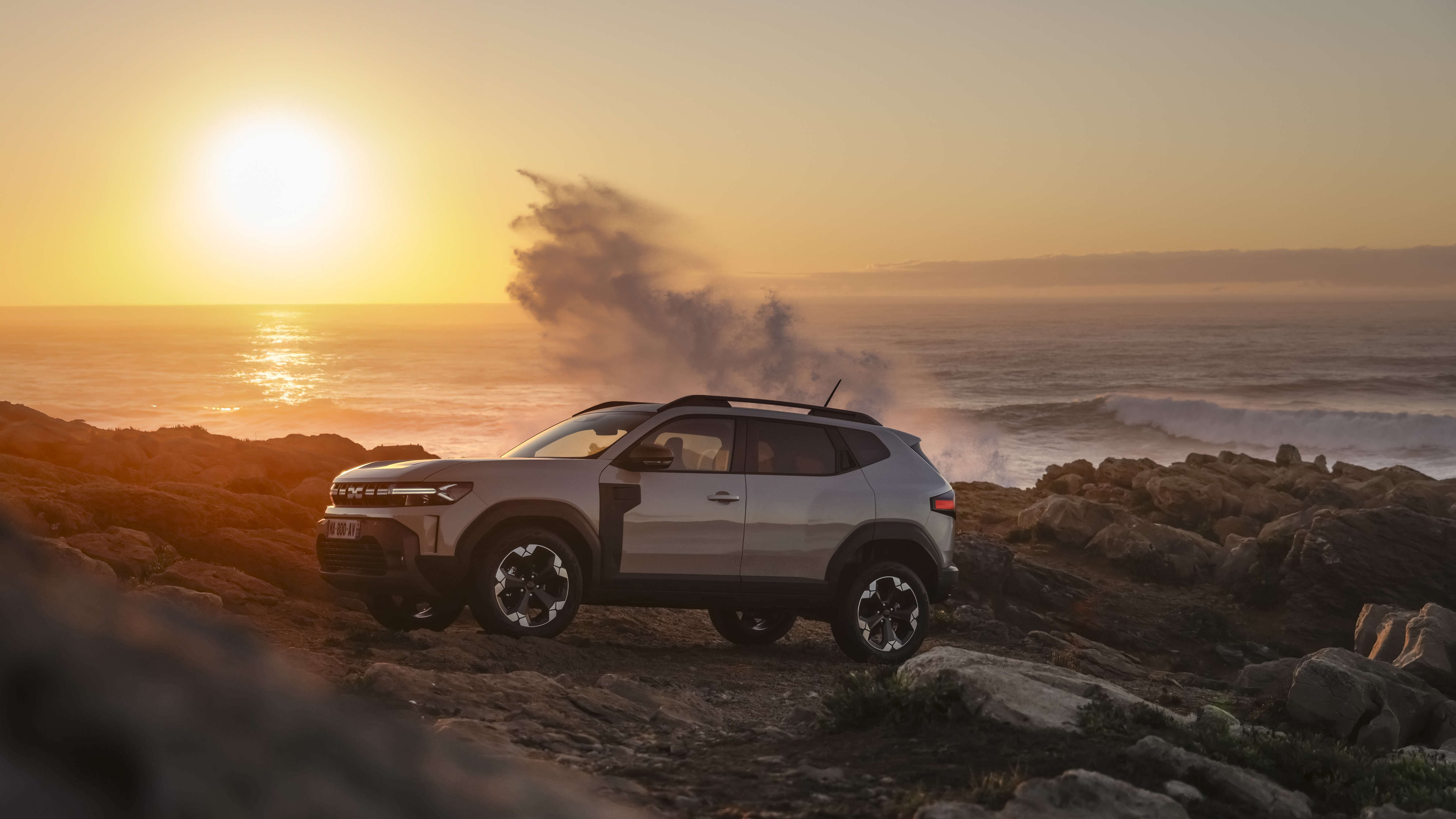 Why the new Dacia Duster SUV is simply ‘enough’
Why the new Dacia Duster SUV is simply ‘enough’The Dacia Duster SUV is proof that in an age of dwindling natural resources, the concept of a product being ‘enough’ – even if customers can afford more – is gaining currency
By Guy Bird